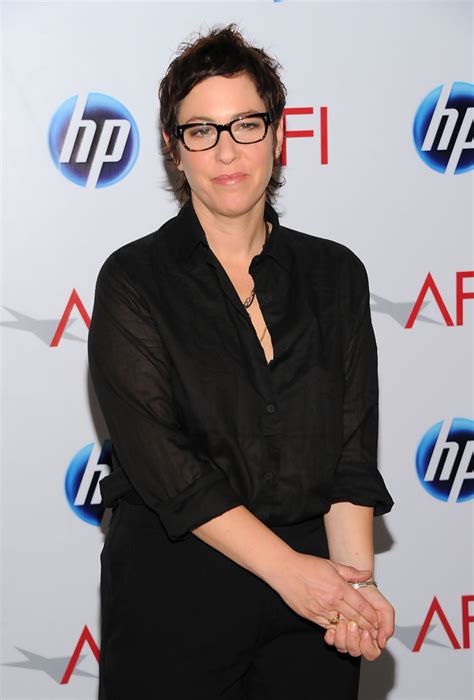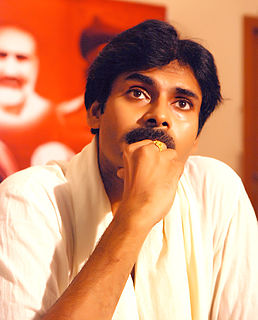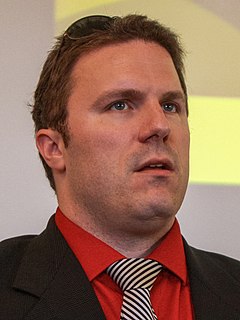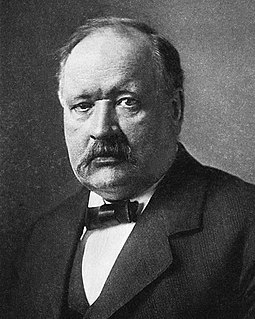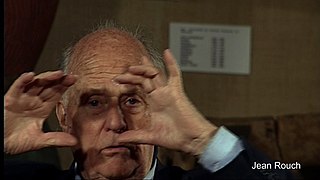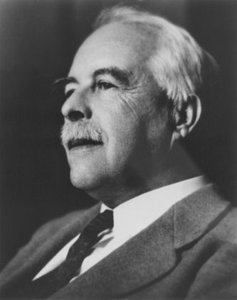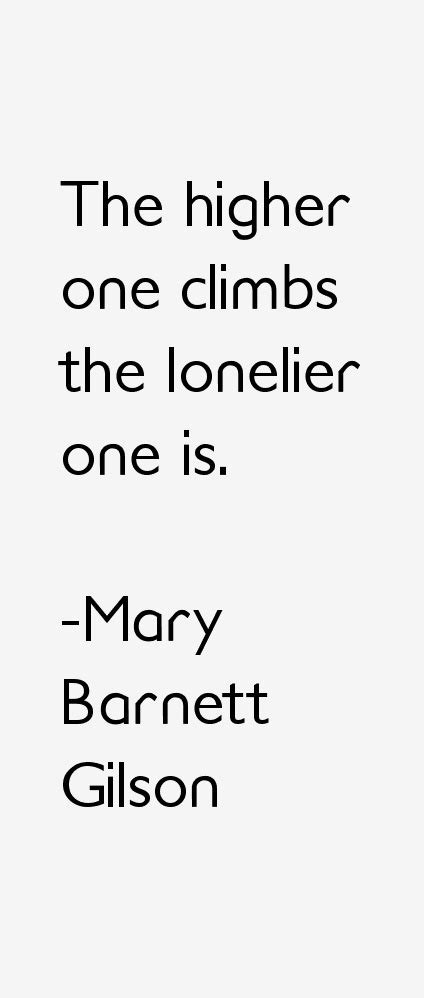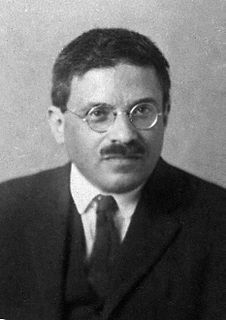Top 1200 Social Sciences Quotes & Sayings - Page 2
Explore popular Social Sciences quotes.
Last updated on December 11, 2024.
What I'm pushing for is an economic discipline that will be closer to other social sciences; in particular, we should be more pragmatic about the methods that we are using instead of pretending that we have our own scientific apparatus with very sophisticated mathematic models that distinguish us from sociologists and historians.
Isabel Wilkerson's The Warmth of Other Suns is an American masterpiece, a stupendous literary success that channels the social sciences as iconic biography in order to tell a vast story of a people's reinvention of itself and of a nation-the first complete history of the Great Black Migration from start to finish, north, east, west.
The price of these failures has been a loss of moral consensus, a greater sense of helplessness about the human condition. ... The intellectual solution to the first dilemma can be achieved by a deeper and more courageous examination of human nature that combines the findings of biology with those of the social sciences.
My co-winners, Peter Diamond and Christopher Pissarides, and I wish to thank the Royal Swedish Academy of Sciences and the Nobel Foundation for this very great honor. We each feel privileged and humbled to be named the winners of the 2010 Sveriges Riksbank Prize in Economic Sciences in Memory of Alfred Nobel.
About 70% of what I've written about is centered on the clashes and conformities between the emerging life and physical sciences and older metaphysical frameworks in the 17th and 18th centuries. The other 30% consists of one-off essays or researches into other intriguing contemporary topics such as visual experience, aesthetics, social justice issues, and the epistemology of moral knowledge.
I note that warmists are often banging on about the fact that sceptics like Christopher Booker and myself 'only' have arts degrees. But actually that's our strength, not our weakness. Our intellectual training qualifies us better than any scientist - social or natural sciences - for us to understand that this is, au fond, not a scientific debate but a cultural and rhetorical one.
The theoretical side of physical chemistry is and will probably remain the dominant one; it is by this peculiarity that it has exerted such a great influence upon the neighboring sciences, pure and applied, and on this ground physical chemistry may be regarded as an excellent school of exact reasoning for all students of the natural sciences.
Without Christ, sciences in every department are vain....The man who knows not God is vain, though he should be conversant with every branch of learning. Nay more, we may affirm this too with truth, that these choice gifts of God -- expertness of mind, acuteness of judgment, liberal sciences, and acquaintance with languages, are in a manner profaned in every instance in which they fall to the lot of wicked men.
Those who assert that the mathematical sciences say nothing of the beautiful or the good are in error. For these sciences say and prove a great deal about them; if they do not expressly mention them, but prove attributes which are their results or definitions, it is not true that they tell us nothing about them. The chief forms of beauty are order and symmetry and definiteness, which the mathematical sciences demonstrate in a special degree.
Science fiction - and the correct shortcut is 'sf' - uses actual scientific facts or theories for the source ideas or framework of the story. It has some scientific content, however speculative. If it breaks a law of physics, it knows it's doing so and follows up the consequences. If it invents a society of aliens, it does so with some respect for and knowledge of the social sciences and what you might call social probabilities. And some of it is literarily self-aware enough to treat its metaphors as metaphors.
The changes that we can make in the culture can be there for people that we will never meet, that will never know us, and that's what keeps me up at night. It's what excites me about science, that we can learn ways of being with each other. And the behavioral sciences have not been enough of a part of cultural development. The physical sciences have; the behavioral sciences have not. And I would like to see if we can bring some things into human culture that would humanize and soften and empower people.
I loved everything. I loved sciences and I loved humanities. But ultimately, I felt that in the humanities, you know, you're writing about things that already exist. But in the sciences, you're discovering things that no one has known before. Ultimately I chose psychology because it seemed to combine science with things that I liked to think about.
The sciences that purport to treat of human things -- the new scientific storyings of the social, the political, the racial or ethnic, and the psychic, nature of human beings -- treat not of human things but mere things, things that make up the physical, or circumstantial, content of human life but are not of the stuff of humanity, have not the human essence in them.
I look at the human sciences as poetic sciences in which there is no objectivity, and I see film as not being objective, and cinema verite as a cinema of lies that depends on the art of telling yourself lies. If you’re a good storyteller then the lie is more true than reality, and if you’re a bad one, the truth is worse than a half lie.
Ultimately, the main reason that you want more women in the sciences is the same reason you want more gay men in the sciences. It's the same reason you want more Latinos or African Americans; it's because if you come at a problem from a different perspective, you will be offering a creative vision that wasn't there before.
For a long time it has been known that the first systems of representations with which men have pictured to themselves the world and themselves were of religious origin. There is no religion that is not a cosmology at the same time that it is a speculation upon divine things. If philosophy and the sciences were born of religion, it is because religion began by taking the place of the sciences and philosophy.
It is in the measure that special methods acknowledge their common core in transcendental method, that norms common to all the sciences will be acknowledged, that a secure basis will be attained for tackling interdisciplinary problems, and that the sciences will be mobilized within a higher unity of vocabulary, thought and orientation, in which they will be able to make their quite significant contribution to the solution of fundamental problems.
Kant's treatments of rational theology and metaphysics were aimed primarily at theoretical questions. His attitude toward the pseudo-sciences of "special metaphysics" in Wolff and Baumgarten was always double-edged. He did see them as pseudo-sciences but also valued their doctrinal value and especially their regulative value for the empirical sciences. Like his views about religion, I don't think any of this is any longer viable in its original form.
I have never, so far, in all the studies I have done, met a contradiction between what the human, experimental and natural sciences are telling us and the Islamic rules. In fact, the opposite is true: anything that is coming from the modern sciences is helping me better understand the text. It's not a contradiction. It's a relation.
Having started in sciences, I then turned around and said, 'Oh, I don't want to do sciences. I want to do philosophy.' And to their credit my parents said, 'if that's what you want to do, then go for it'. Then I got the scholarship to Stanford, which was very nice for the parents to talk to their friends about.
The new supplants the old. Yet men's minds are stuffed with outworn bunk. Educating the young in the latest findings of authorities and scholars in the social sciences is important. It is equally important to devise ways and means for aiding the middle-aged and old to reexamine hang-over unscientific doctrines and ideas in the light of recent discovery and research.
I am a taxonomist, I work in the descriptive, narrative sciences of natural history. Unfortunately there is this status ordering from physics, the queen of the sciences up on top, down through a bunch of squishy subjects, ending up with sociology and psychology on the bottom. Palaeontologists are not much above that in their conventional ordering.
Astronomy concerns itself with the whole of the visible universe, of which our earth forms but a relatively insignificant part; while Geology deals with that earth regarded as an individual. Astronomy is the oldest of the sciences, while Geology is one of the newest. But the two sciences have this in common, that to both are granted a magnificence of outlook, and an immensity of grasp denied to all the rest.
The state has been living on a revenue which was being produced in the private sphere for private purposes and had to be deflected from these purposes by political force. The theory that construes taxes on the analogy of club dues or of the purchase of the services of, say, a doctor only proves how far removed this part of the social sciences is from scientific habits of mind.


